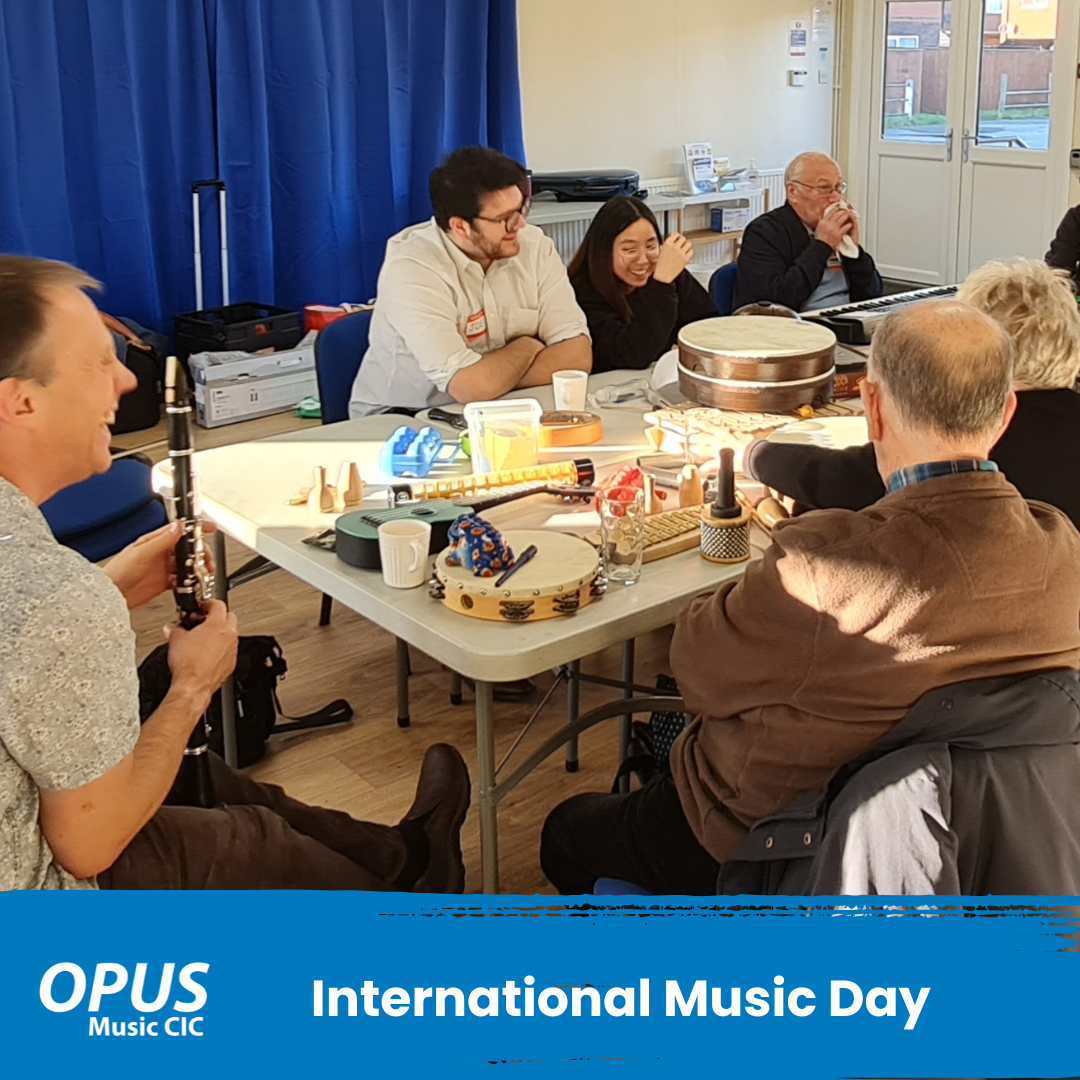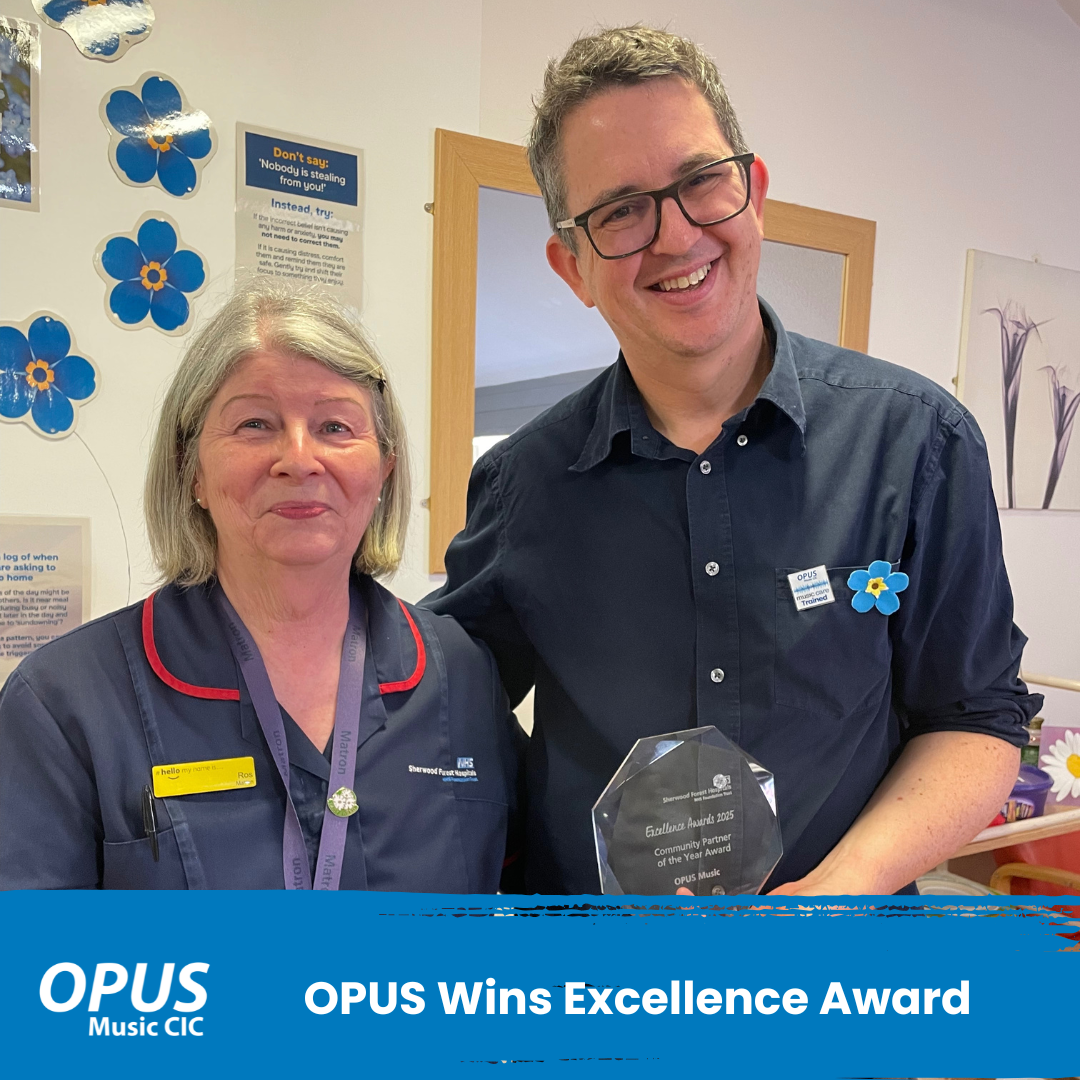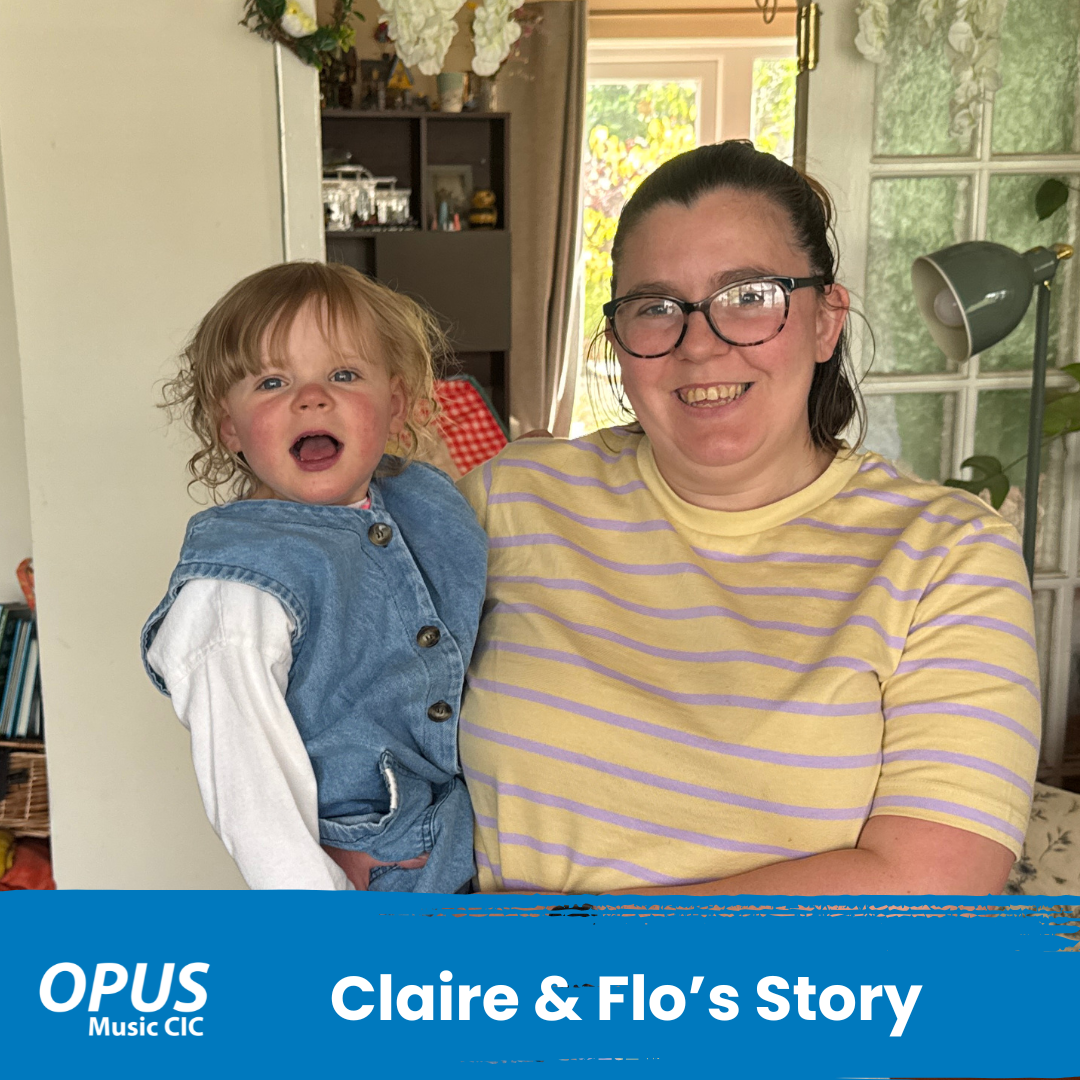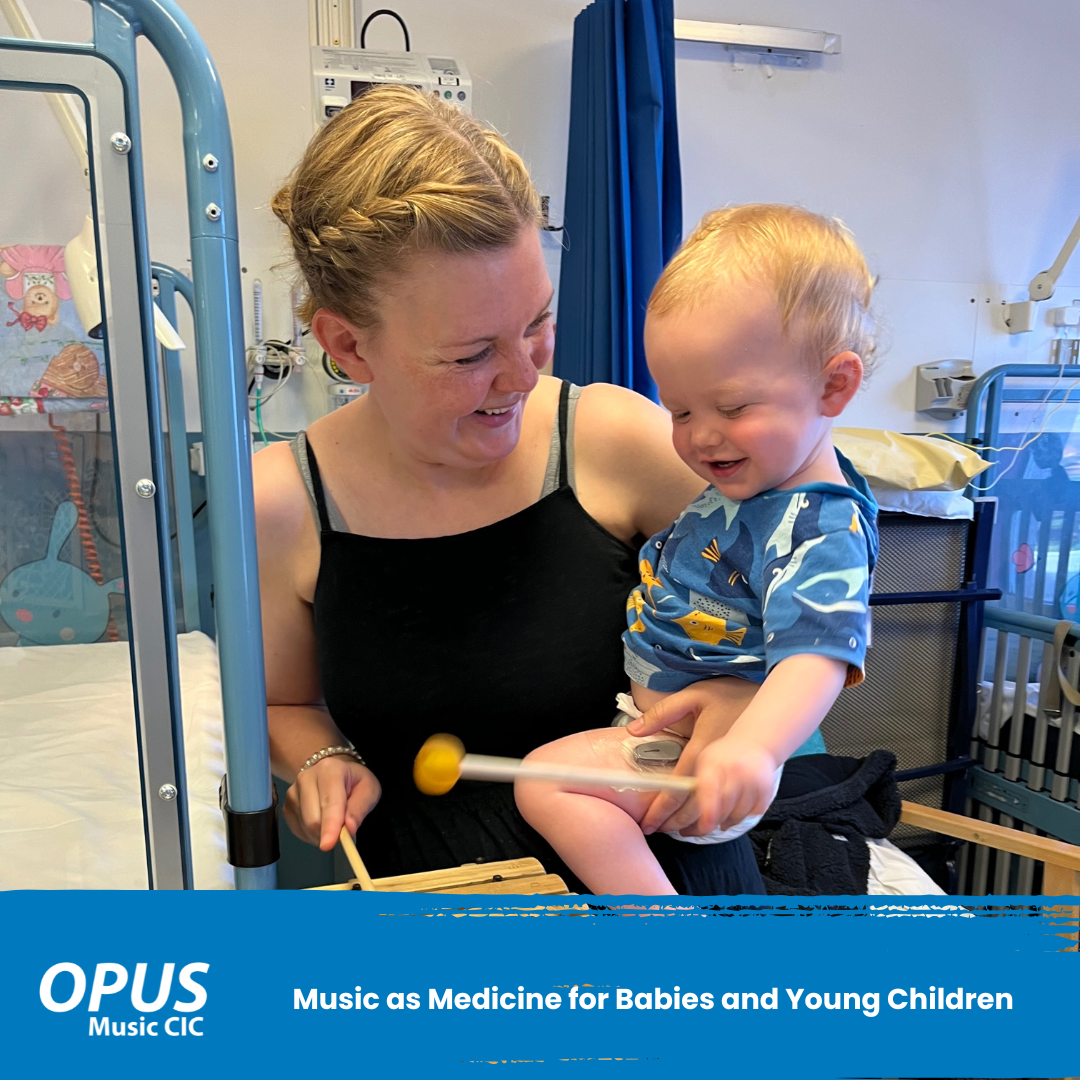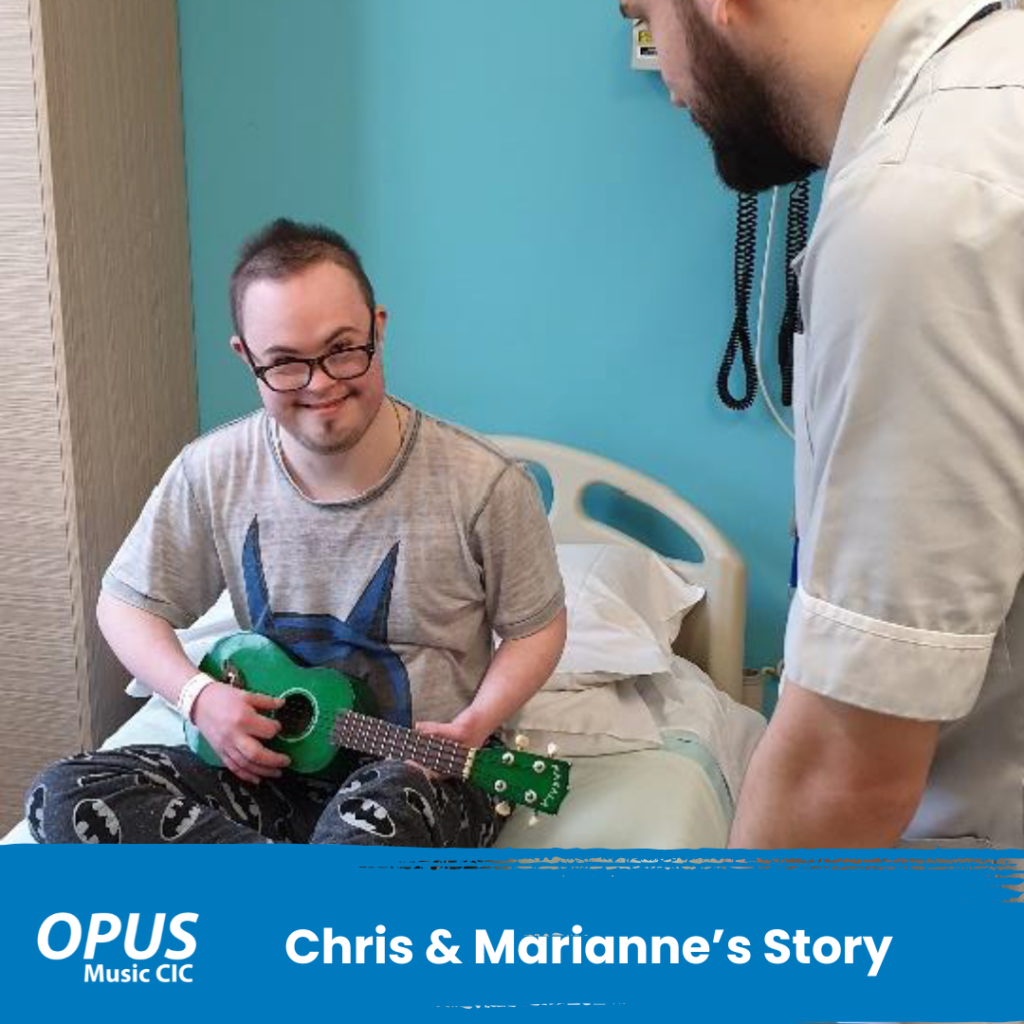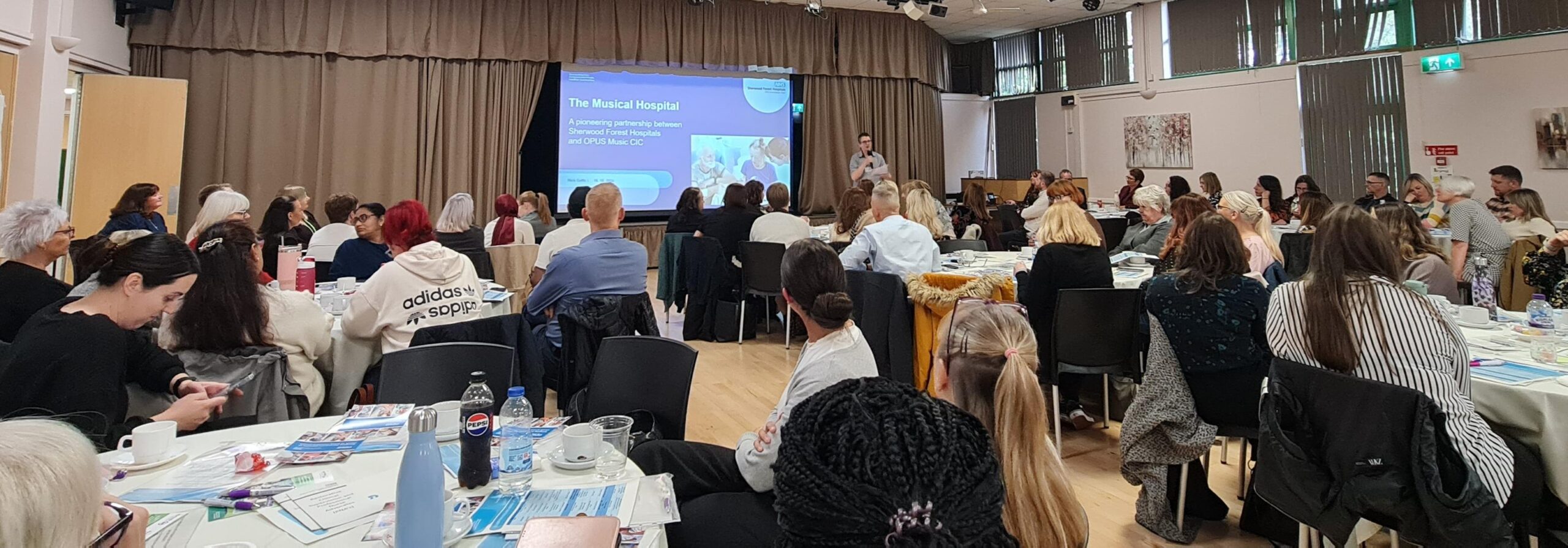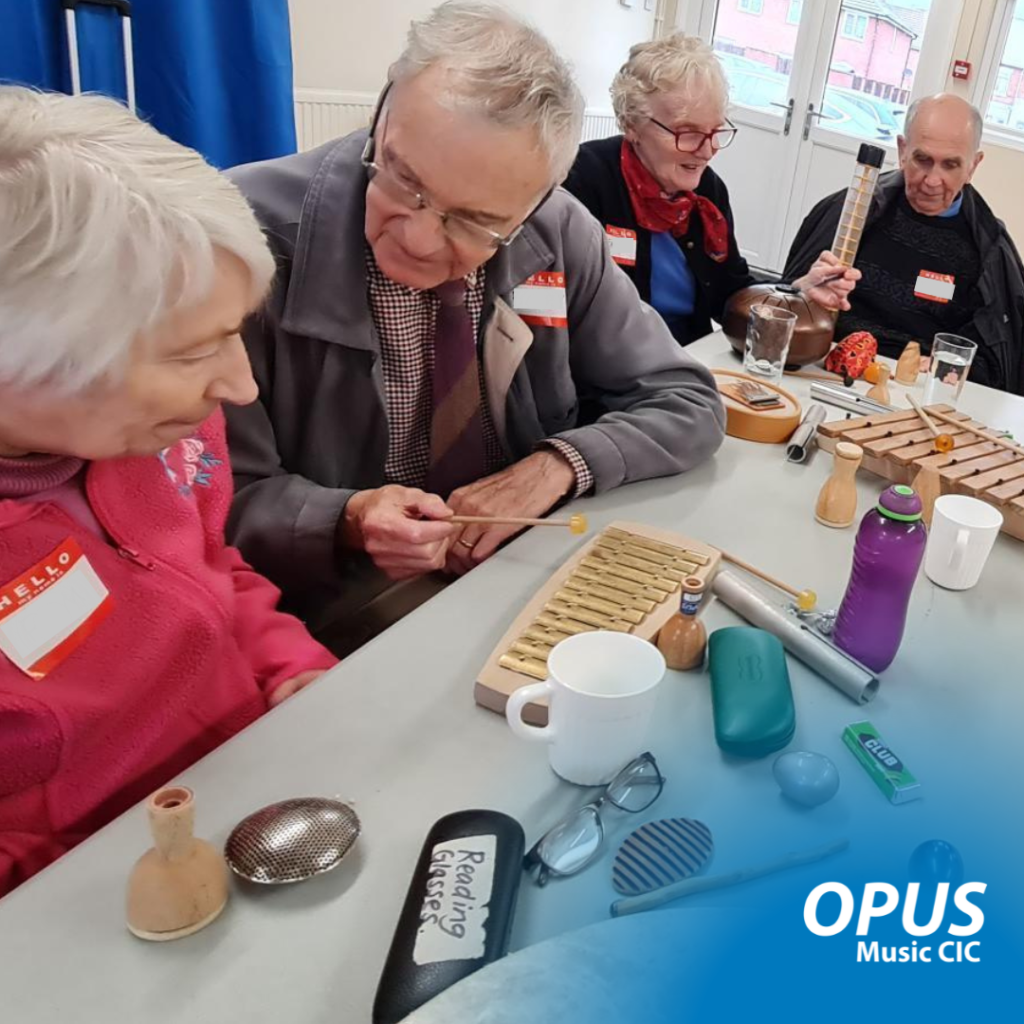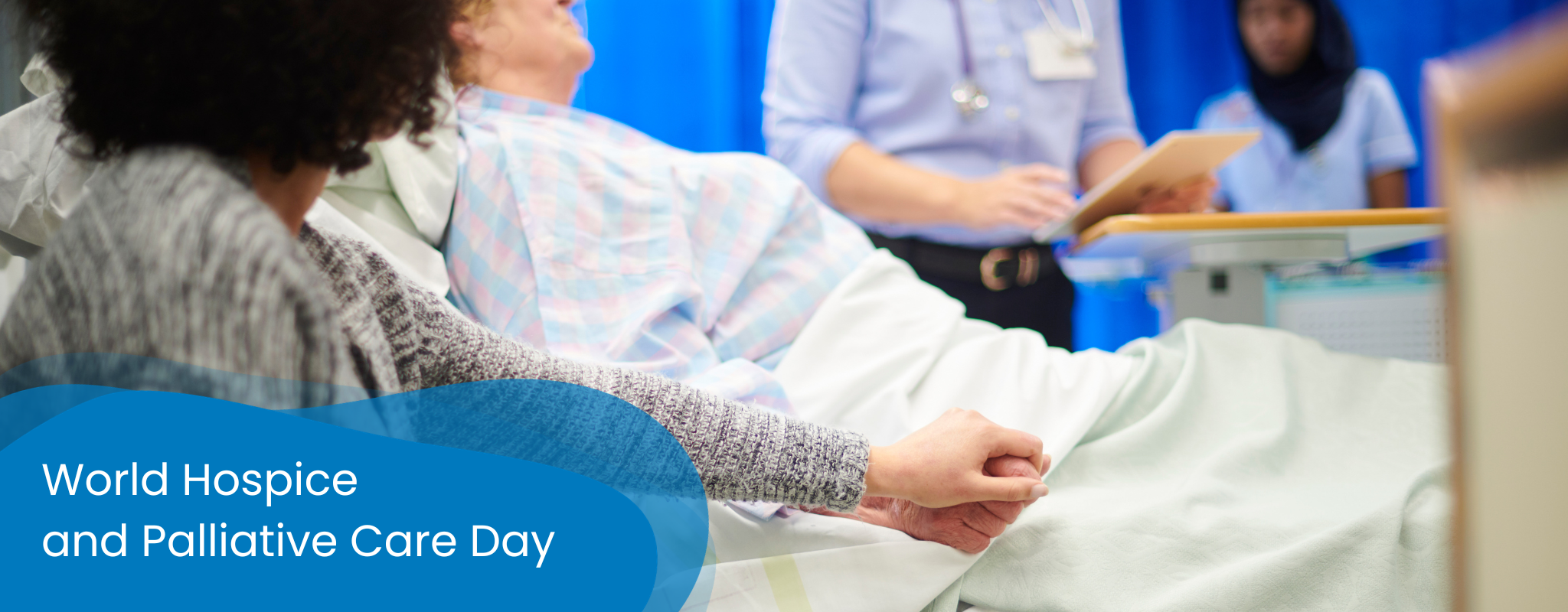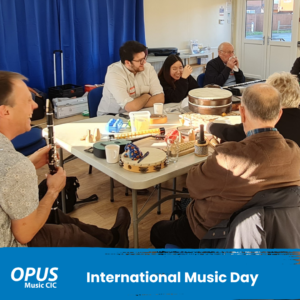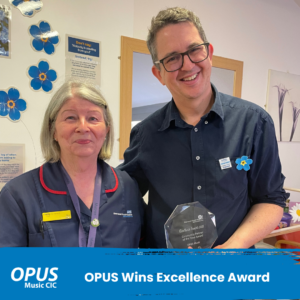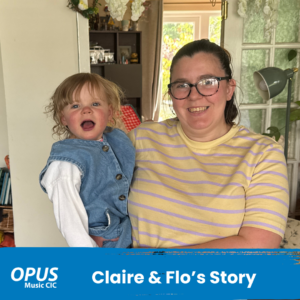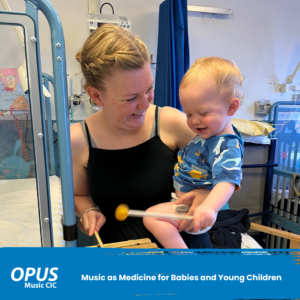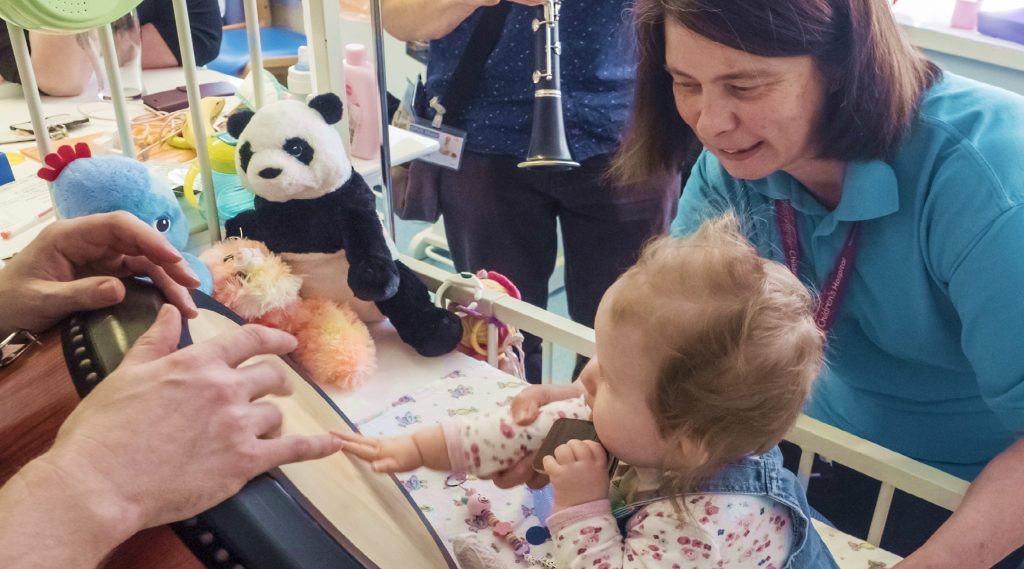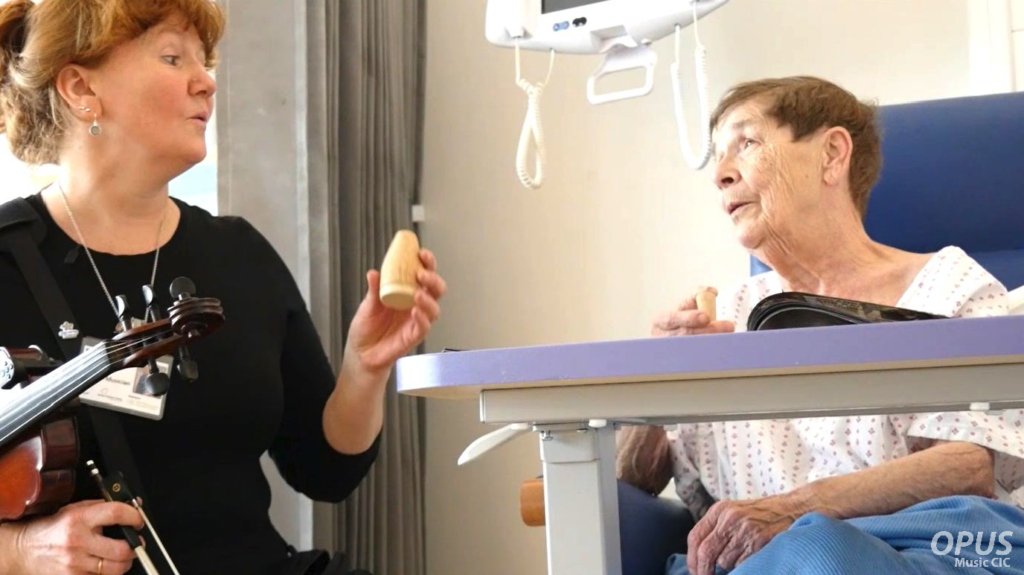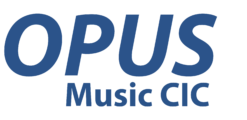Music has long been celebrated for its ability to evoke emotions, create connections, and inspire creativity. However, beyond its aesthetic appeal, music also offers numerous health benefits that are increasingly supported by scientific research. Whether you’re listening to your favourite tunes, playing an instrument, or singing along with friends, the health benefits of music are profound and wide-ranging. In this article, we explore the scientifically-backed health benefits of music, shedding light on why it should be an integral part of your daily routine.
Stress Reduction and Relaxation
One of the most well-documented health benefits of music is its ability to reduce stress. Listening to music, particularly slow tempo and classical genres, can lower cortisol levels, the hormone responsible for stress. A study published in Frontiers in Psychology found that participants who listened to relaxing music before undergoing a stressful task had significantly lower levels of cortisol compared to those who did not listen to music.
Music therapy, a clinical intervention where music is used to address physical, emotional, cognitive, and social needs, has also been shown to reduce anxiety and promote relaxation. This is particularly beneficial for individuals dealing with chronic stress or anxiety disorders. Incorporating calming music into your daily routine can thus be an effective strategy for stress management.
Enhanced Cognitive Function and Memory
Music has a powerful effect on the brain, enhancing cognitive function and memory. Research from the Journal of Alzheimer’s Disease revealed that individuals with mild cognitive impairment or Alzheimer’s who engaged in music therapy showed improvements in memory and cognitive skills.
Moreover, the “Mozart Effect,” a term popularised in the 1990s, suggests that listening to Mozart’s compositions may temporarily enhance spatial-temporal reasoning abilities. While the long-term impact of this effect is debated, there’s no denying that music can stimulate brain activity, particularly in areas associated with memory, attention, and executive function.
Improvement in Physical Health
The health benefits of music extend to physical health as well. Studies have shown that music can lower blood pressure, reduce heart rate, and even improve the body’s immune response. For instance, a study published in Psychosomatic Medicine found that participants who listened to music had improved heart rate variability, a key indicator of cardiovascular health.
In addition to cardiovascular benefits, music can also enhance physical performance. Listening to upbeat music during exercise has been shown to increase endurance, improve mood, and even reduce the perception of effort. This makes music a powerful tool for anyone looking to boost their physical health and performance.
Emotional Expression and Mental Health
Music is a universal language that allows individuals to express and process complex emotions. It plays a crucial role in emotional regulation and mental health. A study in The Arts in Psychotherapy found that music therapy could significantly reduce symptoms of depression and improve emotional well-being.
For those struggling with mental health issues such as depression, anxiety, or PTSD, music therapy offers a non-invasive and effective treatment option. It provides a safe space for individuals to explore their emotions, reduce feelings of isolation, and enhance their overall mental health.
Social Connection and Community Building
Music has the unique ability to bring people together, fostering social connection and community. Group activities like singing in a choir, playing in a band, or simply sharing music with friends can create strong social bonds and improve feelings of belonging and connectedness.
Social isolation and loneliness are significant risk factors for various health issues, including depression and cardiovascular disease. Engaging in musical activities, therefore, not only provides emotional support but also contributes to better overall health by enhancing social connections.
Pain Management
Music can also serve as a powerful tool in pain management. According to a review in The Lancet, patients who listened to music before, during, or after surgery reported lower levels of pain and anxiety compared to those who did not listen to music. This effect is thought to be due to music’s ability to distract the mind, reduce stress, and release endorphins, which are natural pain relievers.
Better Sleep Quality
Struggling with insomnia or poor sleep quality? Music might be the solution. Research published in The Journal of Advanced Nursing found that listening to soothing music before bed can improve sleep quality, especially in older adults. Music helps to relax the body and mind, making it easier to fall asleep and stay asleep.
Music promotes health and wellbeing
The health benefits of music are vast, ranging from stress reduction and cognitive enhancement to improved physical health and emotional well-being. With a growing body of scientific evidence supporting these benefits, it’s clear that music is not just an art form but also a powerful tool for promoting health and well-being. Whether you’re listening to your favourite songs, playing an instrument, or engaging in music, integrating music into your daily life can lead to significant improvements in your overall health.
If you are interested in learning more about what we do and the music care training we offer to healthcare professionals, musicians, families, carers, and organisations, then please get in touch contact@opusmusic.org
